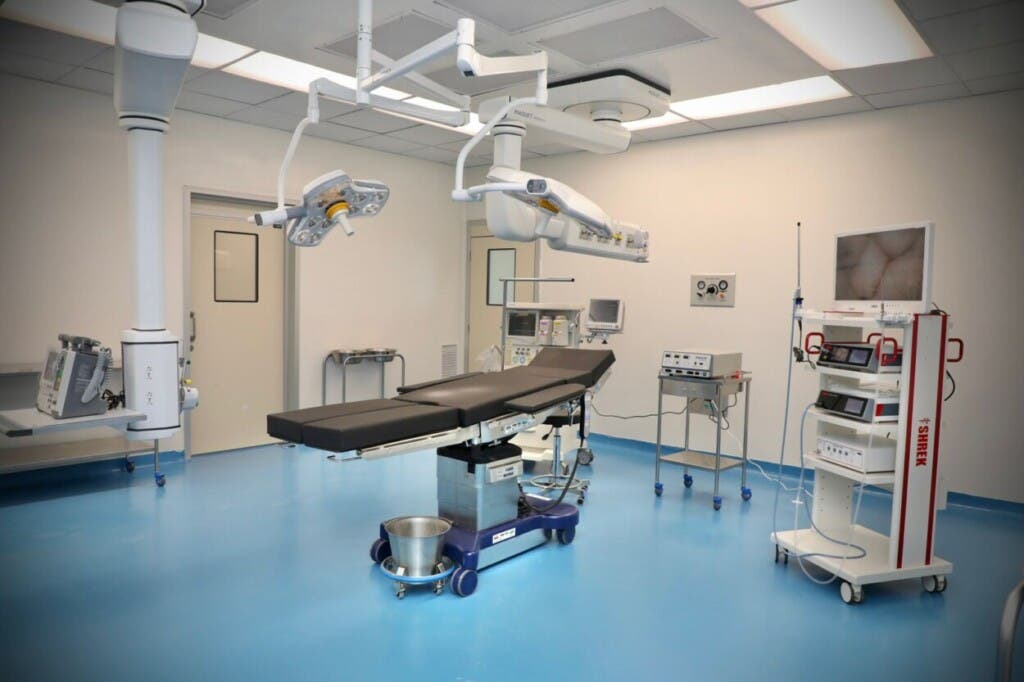Migraine-triggering foods
3 weeks 3 days ago
Health, PRESS RELEASE, american migraine foundation, gfnc, grenada food and nutrition council, Migraine
GHTA partners with Spice Isle Imaging Centre for Breast Cancer Awareness Month
3 weeks 3 days ago
Business, Health, PRESS RELEASE, arlene friday, Breast Cancer, ghta, grenada hotel and tourism association, mammogram, spice isle imaging centre, tourism enhancement fund
Why vitamin D matters - Jamaica Gleaner
- Why vitamin D matters Jamaica Gleaner
- Vitamin D: why the body needs it and when doctors prescribe it Українські Національні Новини
- The Sunshine Vitamin: How to Get Enough Vitamin D in Fall and Beyond NTD News
- This Lowers Signs Of Inflammation After Menopause, Study Finds MindBodyGreen
- The Hidden Role of Vitamin D in Celiac Disease and Other Chronic Inflammatory Conditions Celiac.com
3 weeks 4 days ago
The Simple Post-Dinner Habit That Can Lower Your Diabetes Risk - AOL.com
- The Simple Post-Dinner Habit That Can Lower Your Diabetes Risk AOL.com
- How to prevent Type 2 Diabetes: Doctor reveals 8 healthy habits Times of India
- Dr. Maya Rosman explains: This is how you can prevent diabetes through nutrition The Jerusalem Post
- The Simple Post-Dinner Habit That Slashes Your Diabetes Risk parade.com
3 weeks 4 days ago
Jill Martin on Breast Cancer Genetic Testing, Research - TODAY.com
- Jill Martin on Breast Cancer Genetic Testing, Research TODAY.com
- TODAY Encourages Genetic Testing for Breast Cancer on the Plaza TODAY.com
- Pink Power: TODAY Shines a Light on Importance of Screenings Yahoo
- “Today” hosts screenings to spotlight Breast Cancer Awareness Month The Jewish Standard
- A Guide To Genetic Testing for Breast Cancer TODAY.com
3 weeks 4 days ago
STAT+: Pharmalittle: We’re reading about an FDA official disparaging a drug, a PhRMA DTP website, and more
3 weeks 4 days ago
Pharma, Pharmalot, pharmalittle, STAT+
Grenada leads regional charge with PAHO HEARTS initiative
3 weeks 4 days ago
Health, PRESS RELEASE, caricom, carla barnette, dickon mitchell, ncd, noncommunicable disease, paho hearts, pan american health organisation, phillip davis, sustainable development goals, un general assembly
Major sewer main breach in the south of the island
3 weeks 4 days ago
Environment, Health, Notice, PRESS RELEASE, excel plaza, green bridge, maurice bishop highway, morne rouge, nawasa, ukcif

